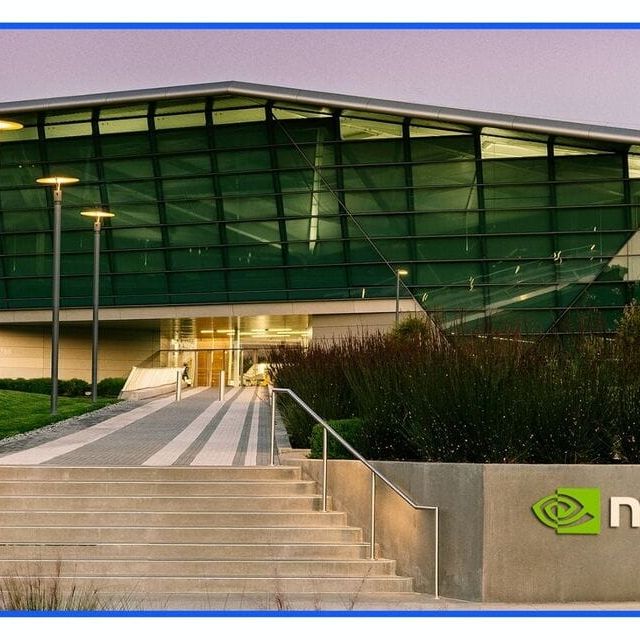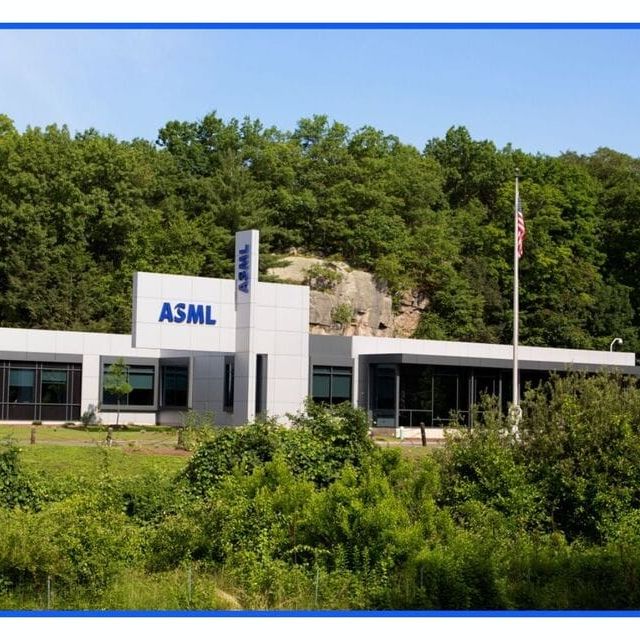Articles

Microsoft's share gets halved (Stock value cut in half amid market concerns)
A company called Zipline is quietly leading charge in autonomous drone delivery – not in the service of online shopping, but to save lives. Since 2016, Zipline has operated the world’s largest autonomous drone fleet, delivering blood, medicine and vaccines to remote clinics across Rwanda and Ghana. With over 100 million miles flown and zero safety incidents involving humans, the company is scaling up globally and launching its next-gen delivery platform in the U.S.
Why it matters: Two billion people lack access to essential medical supplies due to poor infrastructure. In Rwanda, for instance, over 80% of roads are unpaved and often impassable during the rainy season. And in emergencies, speed matters – a delay in delivering blood during childbirth or antibiotics can be fatal. Zipline’s fixed-wing drones cruise at 70 mph, carrying small payloads up to 100 miles, with most deliveries completed in under 30 minutes. Their system has already reduced in-hospital maternal mortality by 88% in Rwanda.

A reminder of the motivations that drive AI companies
It was just two short years ago that wildfires razed 30,000 square miles of Canadian forests, pouring billions of tons of carbon dioxide into the atmosphere and blanketing most of the East Coast in an apocalyptic blanket of smoke.
The sky, hundreds of miles from the fires, was orange. And the air — filled with particulate matter of all sorts — was poison.
The tricky part is that clearer-looking skies are no indication of air that’s safe to breathe.
But a few clicks and a short scroll away from every internet-connected smartphone user on the planet is access to a localized air quality index, something that’ll tell you if the air around you is safe to breathe.

Despite it all, Meta and Microsoft have a surprisingly good night
Healthy soil — rich in a diverse array of nutrients and minerals — better sequesters carbon dioxide, helps reduce the impact of flooding and produces better, more nutrient-rich crops.
Unhealthy soil can’t hold onto compounds nearly as well as its healthier counterpart, meaning heavy rain or flooding results in runoff, taking minerals, nutrients, compounds, sequestered carbon dioxide and pesticides with it.
The trouble is that as much as 70% of the soil across the European Union is considered to be unhealthy.